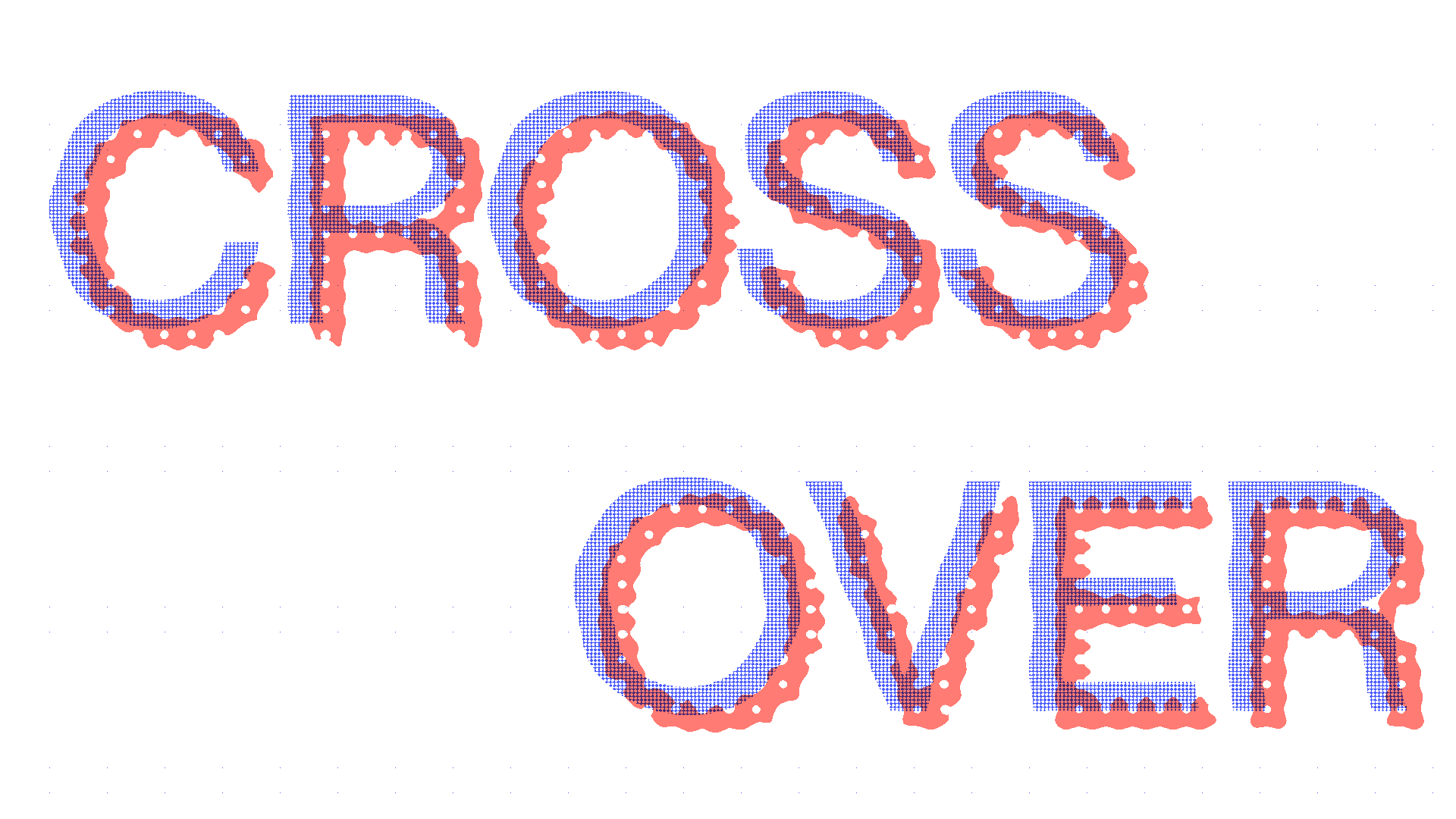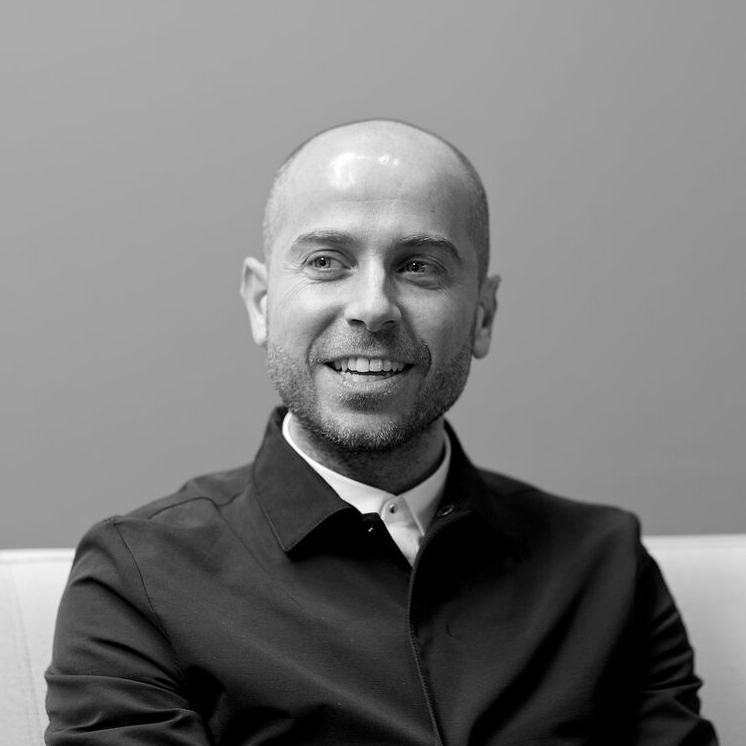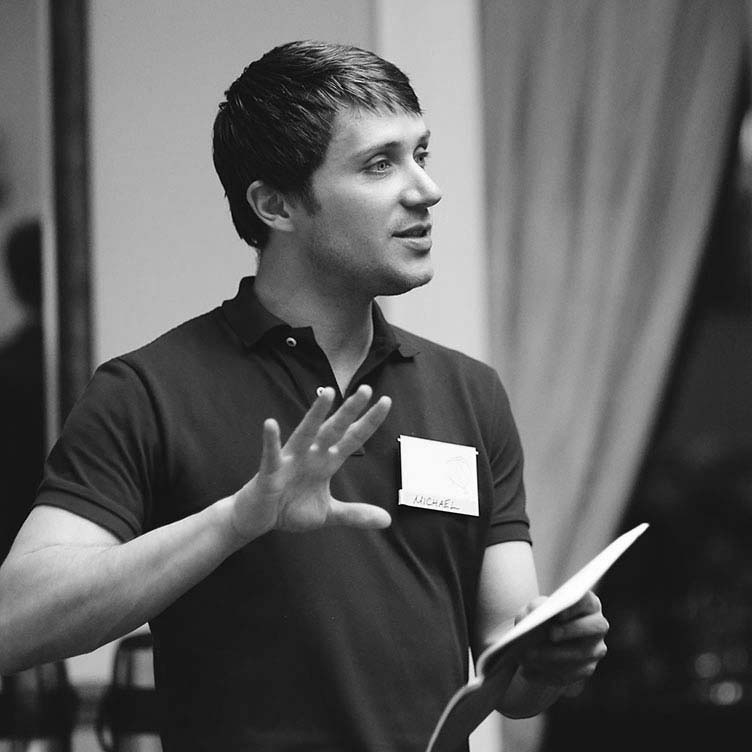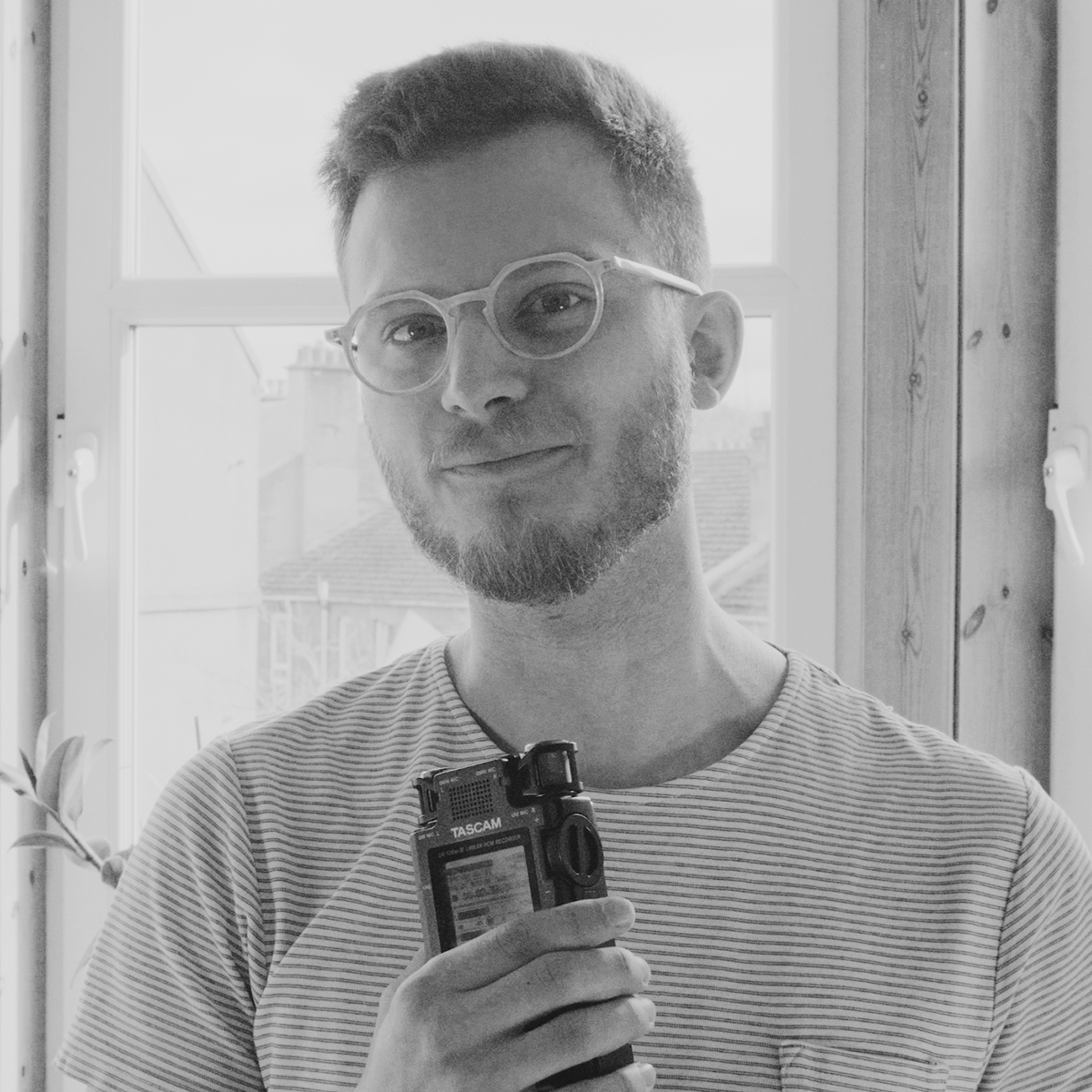Role of Design Innovation
The role of Design Innovation practices (in bringing Science and Society together) now encompass innovation-driven cultures and democratic, participatory approaches that engage with complex multidisciplinary situations. This still-emerging notion of Design Innovation incorporates an expanding array of design methods, tools, ethnographic techniques, co-design approaches, design games, conceptual modelling, prototyping and visualisation. Design is thus presented as a social act of ‘drawing things together’; a framing of design competence that enables different perspectives and actors to objectify, articulate and challenge assumptions in design processes seeking to make meaningful change (Binder et al., 2011:2). The sustainability and preferability of such change depend, in part, on the collaborative approaches deployed through Design Innovation to communicate, facilitate, evidence and enact them. Within this Crossover project, we want to identify how design practices, incorporating societal perspectives, can complement, challenge and be challenged by scientific disciplines and create meaningful transdisciplinary practices and outcomes.
In summer 2019, the Innovation School at the Glasgow School of Art (GSA) was invited by the Biochemical Society (BS) to organize a one-day interdisciplinary workshop between BS members close to or local to Glasgow and design researchers at the GSA. Reader in Transdisciplinary Design Innovation Elio Caccavale and Creative Economy Leadership Fellow Dr Michael Pierre Johnson were responsible for developing and delivering the workshop at GSA on 7 November 2019. The workshop was attended by 16 participants, including design researchers and practitioners from GSA and biochemical scientists from the University of Glasgow (UofG), the University of Strathclyde (UofS) and Glasgow Caledonian University (GCU).
The event was titled ‘Crossover’ and explored the potential for exchanges between design and biochemical sciences. Specifically, it focused on sharing disciplinary expertise and perspectives to explore research opportunities for collaborative science and society projects. The workshop also provided the scope to initiate design and science dialogues to bring tangible form to the abstract and complex contributions of scientific research and its social implications.
Evaluating Transformation of Disciplines
Following the ‘Crossover” workshop, Reader in Transdisciplinary Design Innovation Elio Caccavale and Creative Economy Leadership Fellow Dr Michael Pierre Johnson have received further funding by the Biochemical Society and the Royal Society of Edinburgh Young Academy of Scotland to pilot three workshop programmes that bring together scientific, societal and creative storytelling disciplines from a core cluster of Glasgow-based academic institutes with national and international publics, experts and institutions.
The three workshop programmes brought together knowledge from multiple disciplines related to understanding and caring for invisible diseases and community STEM education. Participants have shared and co-created narratives connecting scientific knowledge and societal challenges to lived experience, which aimed to open up opportunities to explore transdisciplinary research and practices.
The Crossover project and workshops build on areas of existing research strength by bringing together a critical mass of expertise from across institutions, with five key objectives framing our evaluation and development of a transdisciplinary network:
• Bring together leading researchers, from different institutions and disciplinary backgrounds, to support the development of the area of transdisciplinary;
• Contribute to the ongoing methodological debates in the sociology of scientific knowledge, science communication, science education and design research;
• Promote mobility between academia, universities, third sector, patient groups, science and society;
• Support forums for the discussion and exchange of ideas and to stimulate debate across disciplines;
• Facilitate exchange between researchers and stakeholders from wider society.
From these pilot outputs, this aims to create a dynamic network of transdisciplinary dialogue about science and society, facilitated through Design Innovation, to enable consistent crossover between different disciplines and a range of institutions, within the academic community, the public and the third sector
Who we are
Who we are
Elio Caccavale
Reader in Transdisciplinary Design Innovation
The Innovation School, The Glasgow School of Art
My research investigates design and science partnerships, with particular emphasis upon collaborative research methods. Furthermore, it explores new visual and three-dimensional design vocabularies for thinking about ethical and social issues in the sciences, and it aims to contribute to the ongoing methodological debates in bioethics, science communication and the sociology of emerging scientific knowledge. My research projects have featured prominently in national and international exhibitions (MoMA NY, Dana Research Centre, Science Gallery Dublin and Royal Institution) aimed at increasing public understanding of design’s interface with science and society, and introducing new design ideas, methods and approaches to the public. The Engineering and Physical Sciences Research Council, the Biochemical Society, the RSE/Young Academy of Scotland, the Physiological Society, the Wellcome Trust, the Arts Council England, and the Spanish Minister of Culture have funded my research projects.
My aim with the Crossover project is to create a dynamic network of transdisciplinary dialogue about science and society, facilitated through design innovation, to enable consistent crossover between different disciplines and a range of institutions, within the academic community, the public and the third sector.
Dr Michael Pierre Johnson Innovation Leadership Fellow in the Creative and Digital Economy
The Innovation School, The Glasgow School of Art
My research uses design practices, such as visual mapping and modelling methods, to support and evaluate creative collaboration between different expertise, stakeholders and publics in the face of shared societal challenges. In Jan 2019 I was awarded an AHRC funded Innovation Leadership Fellowship in the Creative and Digital Economy. By combining sociological theory with design practices and qualitative modes of analysis, I apply Design Innovation to support reflexive discourse on the value of creative collaboration and innovation.
My aim with the Crossover project is to support the design and evaluation of effective ways for science, societal and creative disciplines to come together, collaborate and make a difference, as well as evidence how ‘transdisciplinarity’ - a practice that transcends, challenges or renegotiates traditional disciplinary boundaries and reconstructs them in new positions - can be said to take place. The CROSSOVER project aims to build a network of interdisciplinary exchange between science, society and design to develop transdisciplinary knowledge and practices that creatively address complex challenges and opportunities that arise with the advancement of scientific knowledge and technology.
Gaston Welisch
Research Associate
The Innovation School, The Glasgow School of Art
My research focuses on the incorporation of play into our interactions with everyday technologies (currently AI in particular) and environments. By weaving together practices in interaction design, graphic design, and photography, I aim to create engaging and accessible narratives that bring clarity and insight to complex societal and scientific concepts. My role as a Research Associate at the Glasgow School of Art, as a co-applicant and Researcher at the Institute of Cancer Sciences, and my ongoing collaboration with the publication “The Curious Researchers" underscore my commitment to knowledge exchange and transdisciplinary collaboration.
My aim with the Crossover project is to provide support to Dr Michael Pierre Johnson and Elio Caccavale in facilitating the collaboration between scientific, societal, and creative disciplines. By employing a range of visual communication methods, I strive to make workshop materials more fruitful and eloquent, ultimately fostering a better symbiosis of the interdisciplinary expertises within the project. My contributions assist in creating a more meaningful and effective dialogue between different disciplines, helping to develop a novel and delightful understanding of complex challenges.
Research Associate
The Innovation School, The Glasgow School of Art
My research focuses on the incorporation of play into our interactions with everyday technologies (currently AI in particular) and environments. By weaving together practices in interaction design, graphic design, and photography, I aim to create engaging and accessible narratives that bring clarity and insight to complex societal and scientific concepts. My role as a Research Associate at the Glasgow School of Art, as a co-applicant and Researcher at the Institute of Cancer Sciences, and my ongoing collaboration with the publication “The Curious Researchers" underscore my commitment to knowledge exchange and transdisciplinary collaboration.
My aim with the Crossover project is to provide support to Dr Michael Pierre Johnson and Elio Caccavale in facilitating the collaboration between scientific, societal, and creative disciplines. By employing a range of visual communication methods, I strive to make workshop materials more fruitful and eloquent, ultimately fostering a better symbiosis of the interdisciplinary expertises within the project. My contributions assist in creating a more meaningful and effective dialogue between different disciplines, helping to develop a novel and delightful understanding of complex challenges.




